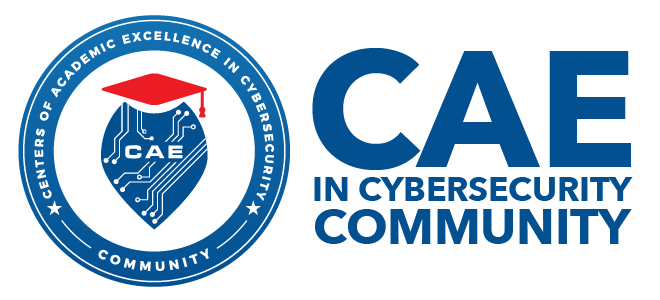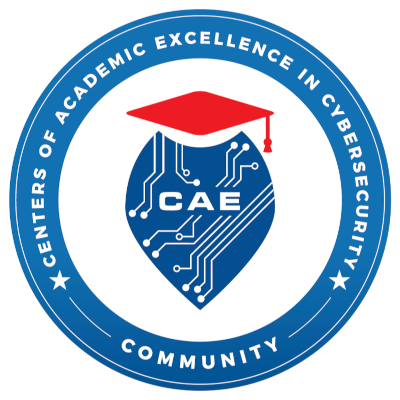Got curriculum? Donate to CLARK’s Plan C
Covid-19 has created tremendous challenges for academia. Last spring, faculty across the U.S. moved suddenly and completely to virtual teaching. This fall, as many of us continue to teach primarily online, we are developing quality resources, including videos and other materials that facilitate learning in this new environment. As a result of the pandemic, the role of the CAE community is more important than ever. Cyber attacks have increased, as hackers are exploiting the new vulnerabilities posed by the massive migration to work-from-home across all industries.

